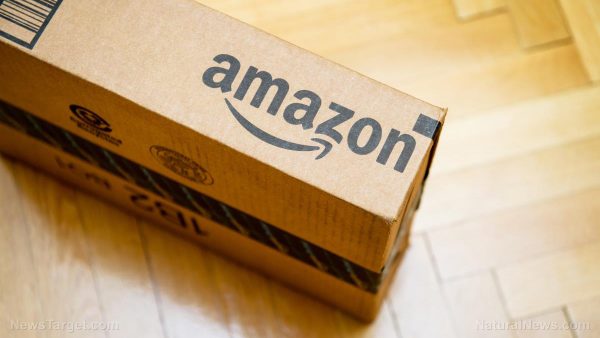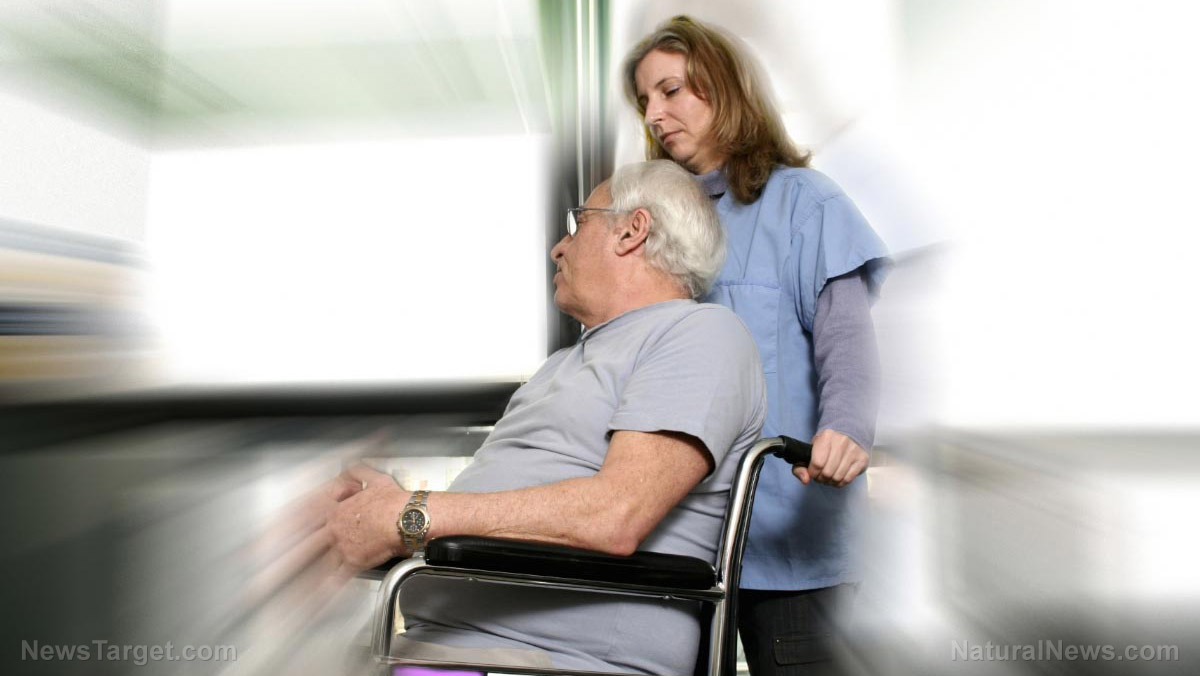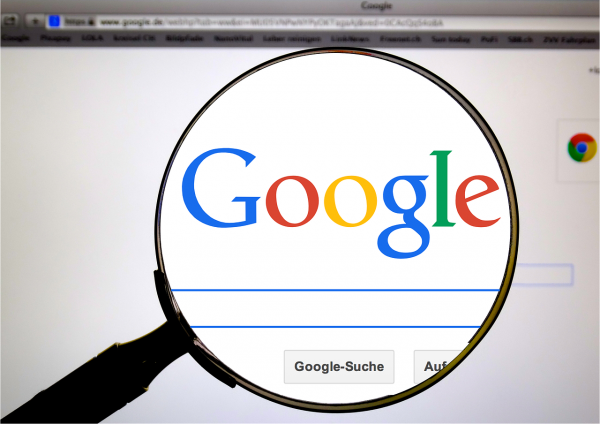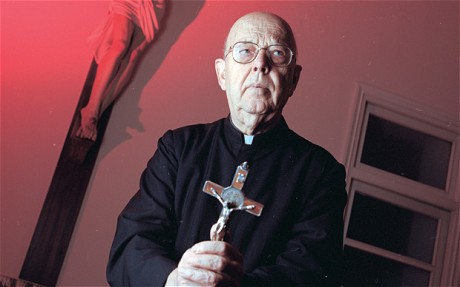A recent analysis conducted by ProPublica undermines the long held belief that physicians who accept meals and payments from pharmaceutical and medical device companies do not prescribe drugs differently.
ProPublica is an investigative journalism group based in New York City. The analysis included 150,000 doctors in cardiovascular disease, family medicine, internal medicine, ophthalmology and psychiatry.
The analysis found that doctors who accepted payments from drug manufacturers prescribed a higher percentage of brand-name drugs than doctors who didn’t receive payments. The more money the doctors received, the more brand-name drugs they prescribed on average. However, even those who only received meals from companies prescribed more brand-name drugs on average.
Drug money
“I don’t think I’ve ever met a physician or nurse practitioner who was overtly swayed by gifts or speaking fees,” Laura Brennaman, research director for the consumer group Florida CHAIN, told Tampa Bay Times. “But the opportunity to earn extra income can certainly make someone pay more attention to the benefits of a particular drug, which can influence what he or she prescribes,” she added.
One psychiatrist, Dr. Ilan Melnick, was awarded almost $361,186 from drug companies in 2014, records reveal. That same year, more than a quarter of the drugs the doctor prescribed were brand-name, which is atypical for psychiatrists, according to the researchers.
These findings held true for other psychiatrists, like Dr. Kenneth Pages in Tampa, who received $211,927 from drug companies in 2014. According to the analysis, his brand-name prescribing rate was almost 28 percent.
Doctors who received money from pharmaceutical companies said brand-name drugs were prescribed excessively out of best interest for their patients. “I do prefer certain drugs over the others based on the quality of the medication and also the benefits that the patients are going to get,” Dr. Amer Syed of Jersey City, N.J., who was paid $66,800 from drug companies in 2014, said in an interview with NPR. “My whole vision of practice is to keep the patients out of the hospital.”
Exception to the rule
Not all the doctors who accepted many from drug companies fit the same mold, however. Dr. Warren Scherer, a South Tampa ophthalmologist, for example, received nearly $474,449 in licensing fees or royalties from Texas-based Galderma Laboratories, records reveal. Nevertheless, his prescribed brand-name drugs rates were not significantly different than other ophthalmologists.
Doctors in Massachusetts were another exception to the rule. Among those doctors who received payments from drug companies, only 3.7 percent had high rates of brand-name drugs. By contrast, only 2.6 percent of physicians who did not receive payment had high rates of prescribing brand-name medicine. Brand-name drugs tend to be less popular in Massachusetts than in the rest of the country, so these results weren’t exactly surprising.
Other doctors, like Dr. John Gerald Canto of the Watson Clinic in Lakeland, thinks it can be good for doctors to be involved in industry-sponsored conferences. He received almost $200,000 for speaking and traveling expenses, according to federal records. He was listed in the analysis as a “very high” prescriber of brand-name name medicine.
“Our physicians utilize these educational forums in an effort to share the wisdom and expertise they have accumulated from a life of service in the medical field,” his practice said in a news release. “These events also accommodate a free exchange of ideas between colleagues, and the possibilities of the next great breakthrough in medical research or treatment.”
Sources include:
NPR
TampaBayTimes
BostonGlobe
Science.NaturalNews.com



















